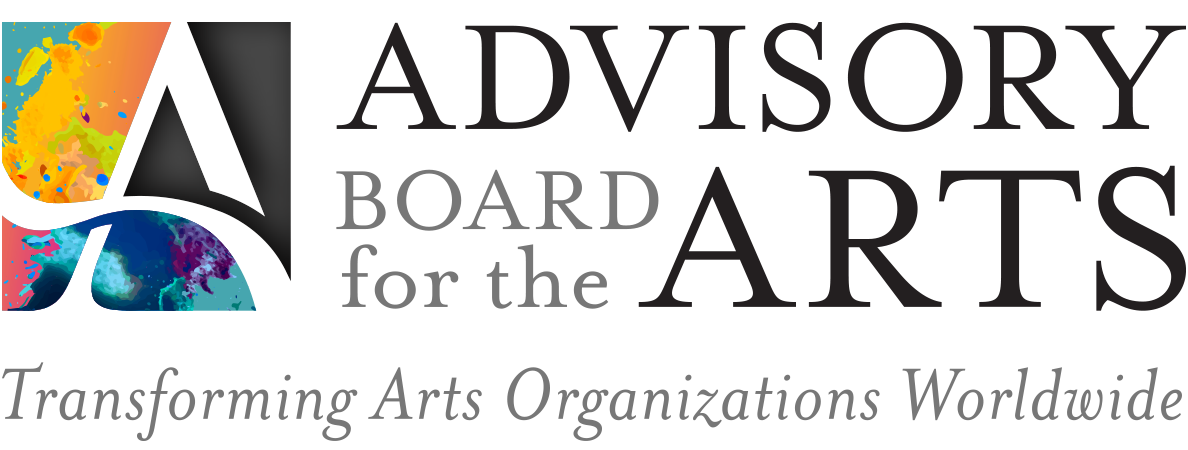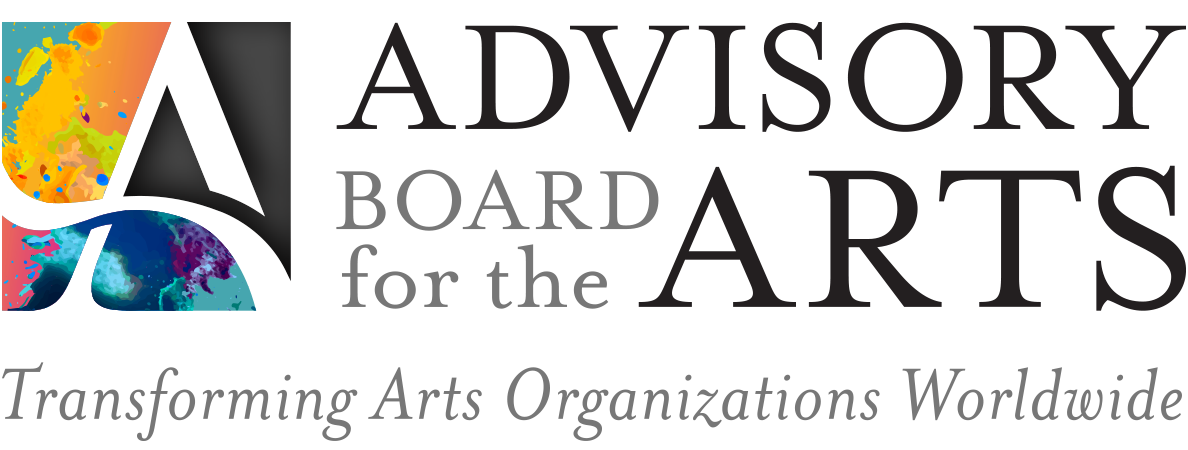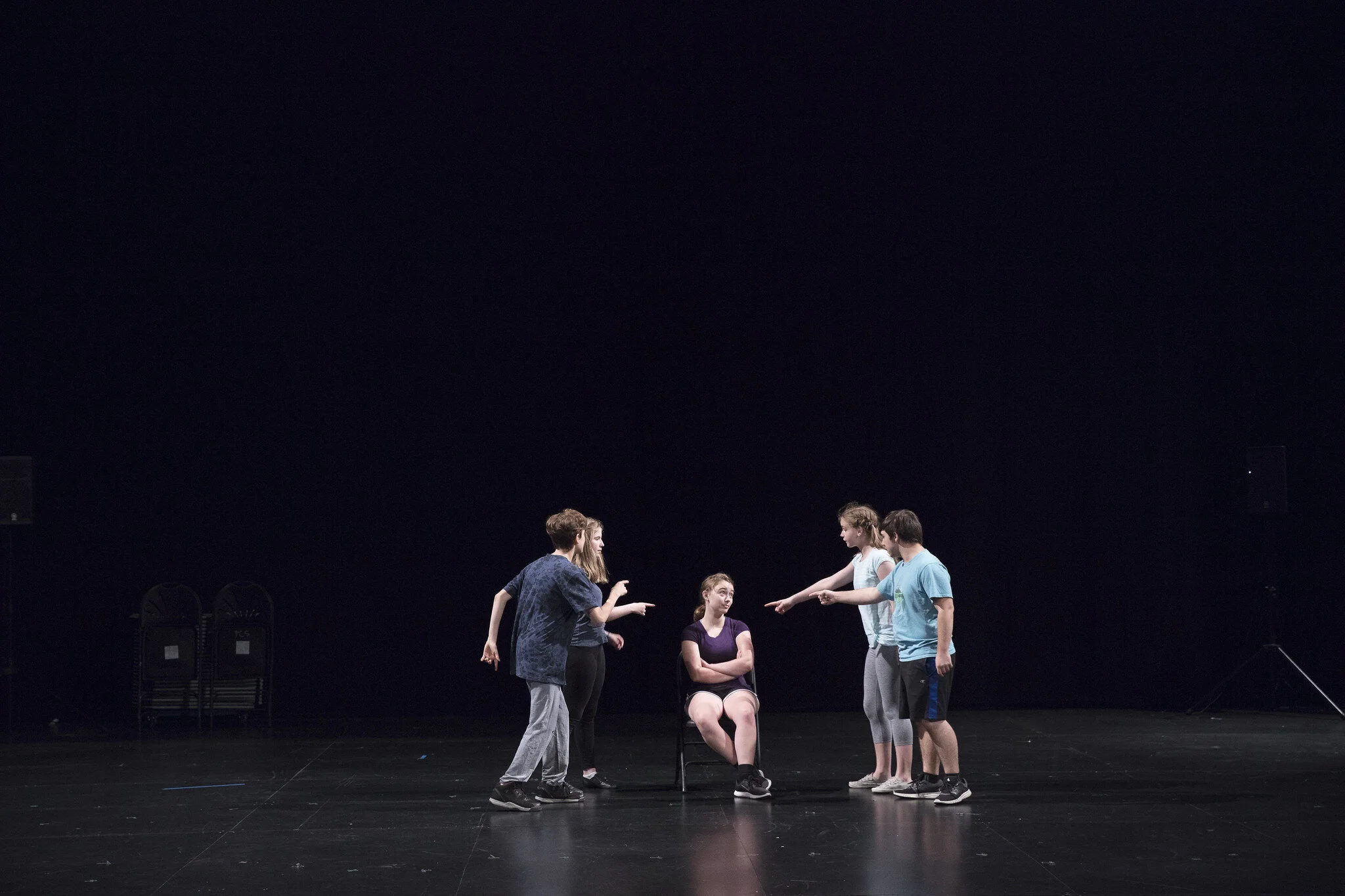3 Questions with Julia Sánchez, CEO at Escuela Superior de Música Reina Sofía
We recently had the opportunity to ask ABA Member and CEO at Escuela Superior de Música Reina Sofía, Julia Sánchez, three questions about her approach to transitioning school operations from in-person to digital – and back again! Below you can find a summary of our conversation with Julia.
How was the transition from in-person to online for your faculty, staff, and students?
The transition was fortunately quite smooth for us. We were already in a paper-free environment, everybody with their own laptop, and had invested a lot in our digital programs and resources before the pandemic, so were quickly able to extend our use of different tools to the full academic community. Our IT team trained our academic team, who in turn trained the teachers and students on how to use various technologies.
Of course, there were challenges. For one, not everyone on staff was used to certain digital technologies. In these cases, we felt it was important to be flexible – if a professor was more familiar with a different platform that they already used outside of school, we gave them the freedom to use it. On the student side, not all students have easy access at home to instruments, technology and practice spaces, which can get really challenging. We worked to provide them with whatever devices we could, such as high-quality microphones, and made sure to have the IT staff available to them whenever they needed help. Unfortunately, we could not as easily provide them pianos, but we were lucky to be able to open our facilities with safety protocols in early September, so students could start using practice rooms before the school began in full.
How are you now managing your reopening – are you still using digital classrooms in some capacity?
We have become completely “phygital” at this stage, with 40% of our classes in-person and 60% online. Our more performance-based lessons are delivered in-person by local professors, while more theoretical topics are being carried out digitally. We did a lot of research into the best platform for our online courses, and found an Italian tool called mfClassrooms, which prioritizes sound over image and, because of that, works better than Zoom for music classes. We’ve also learned a lot about what type of content and what approach works best in each format and about how to blend digital and in-person effectively – it takes a lot of flexibility, especially in scheduling. But in the end, we are trying to do as much as we can in-person.
As for recitals, the School has its own concert hall, which we are able to use at 30% capacity while also livestreaming everything from it. We have held two major orchestra performances so far, one in June and one in September. Our fall event was an amazing experience for our students. It was a series of two concerts, one in Barcelona and the other at Madrid's Teatro Real, conducted by maestro Gustavo Dudamel, with our students sharing the stage with professional musicians of two major Spanish orchestras. They all performed in homage to the victims of the pandemic. Coming up, we’re excited to be working with a telecommunications company to show how 5G technology can allow the members of a quartet to play together simultaneously from four separate locations.
What are the most important lessons and advice you’ve taken from this experience that you would share with others?
Everything right now is about the acceleration of digitalization, but prior to the pandemic we had already been discussing a lot of changes and we were already moving from physical to digital in many programs. Additionally, it has actually been a great opportunity to reinforce our conversations with all of our stakeholders about the social value of arts, culture, and musical education, specially in the middle of a crisis. On one hand, it’s a very fragile sector and we are seeing many of Spain’s artistic institutions struggling to survive during this time. On the other hand, we are feeling a strong sense of purpose and seeing that what we are doing really matters to our local community.
The advice I would give to other arts and education leaders is that it’s important to find a healthy balance between being confident in your decisions and being humble enough to try new ideas. My obsession in music is about being connected to an ecosystem, both inside and outside of the arts – of people, organizations, and government – and to always listen. During this time, we need to keep making progress and moving forward. I feel very proud of my team and the way our investments over the past years have given us the mindset to succeed in this moment.
“It’s important to find a healthy balance between being confident in your decisions and being humble enough to try new ideas”
The advice I would give to other arts and education leaders is that it’s important to find a healthy balance between being confident in your decisions and being humble enough to try new ideas. My obsession in music is about being connected to an ecosystem, both inside and outside of the arts – of people, organizations, and government – and to always listen. During this time, we need to keep making progress and moving forward. I feel very proud of my team and the way our investments over the past years have given us the mindset to succeed in this moment.






